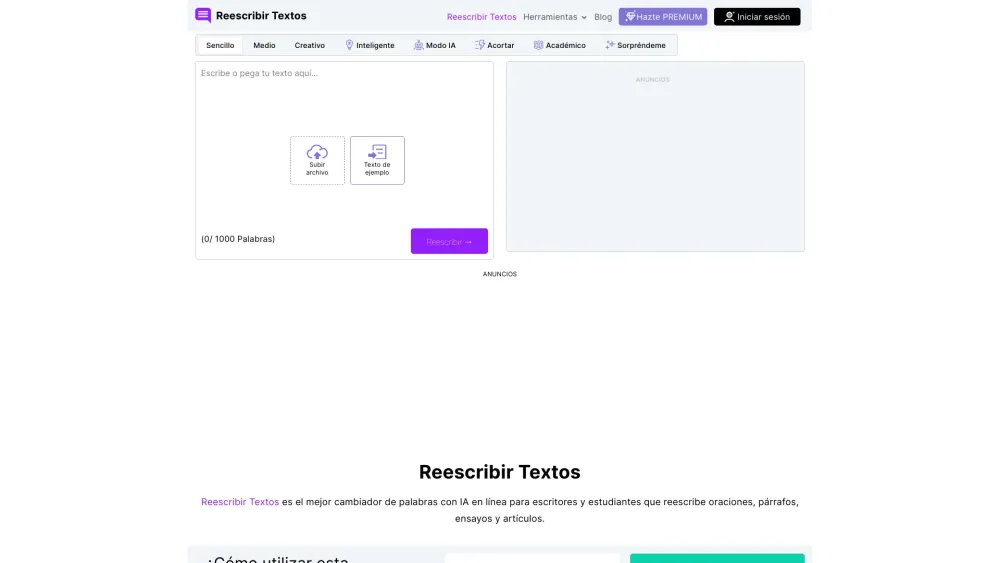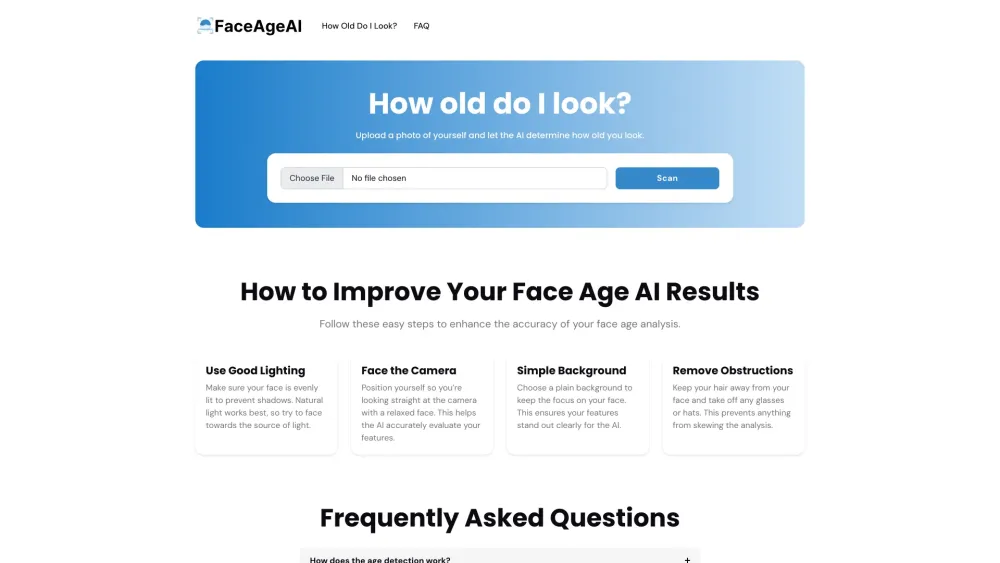Pryon, an innovative startup specializing in AI-driven platforms that extract insights and provide answers from enterprise knowledge bases, has successfully raised $100 million in a funding round led by Thomas Tull’s U.S. Innovative Technology Fund.
Igor Jablokov, founder of Pryon, stated that these funds will facilitate the company's growth strategies, including expanding its 100-member team, strengthening its international presence, and developing strategic partnerships. According to sources familiar with the situation, this funding round has increased Pryon’s total funding to $137 million, valuing the company at an estimated post-money valuation of between $500 million and $750 million.
Before founding Pryon, Jablokov led the multimodal AI research team at IBM. He then created Yap, a speech recognition startup resembling Siri, which Amazon acquired in 2011 to enhance the development of Alexa. (Interestingly, the name "Pryon" originated as the code name for the speech engine that powers Alexa.)
While Pryon is not a voice assistant per se, it serves a similar purpose as a "knowledge fabric." Jablokov explains that it interacts with third-party chatbots or channels, processing various data formats—such as audio, images, text, and video—and transforming them into searchable and user-friendly content accessible through connected platforms.
In comparison to Amazon's Kendra, an AI and machine learning-powered tool for enterprise search, Pryon aims to outperform by using connectors to unify and index information from previously distinct data sources. Jablokov asserts that Pryon is up to twice as accurate as Kendra, processes data up to ten times faster, and can index billions of documents, while Kendra is limited to 100,000.
"Organizations aren't required to transfer their content to the Pryon platform; our solution layers over existing systems and eliminates the need for extensive retraining of end users,” Jablokov explained. “You direct it to a repository, and it generates an AI model based on the existing content. Even legacy content is manageable, as Pryon employs computer vision, optical character recognition, and handwriting recognition for effective comprehension."
According to Jablokov, Pryon can create, update, or delete content in less than one second, ensuring privacy while leaving no trace of its indexing activity. “Clients control what data enters Pryon, such as public, proprietary, or personal content, ensuring attribution of authorship and ownership, thereby only including legally accessible material,” he said.
Pryon competes against Kendra and Microsoft SharePoint Syntex, both of which utilize knowledge bases to derive company-specific answers. Also in the mix are startups like Hebbia, Kagi, Andi, and Glean, which employ machine learning models to offer specific content in response to inquiries rather than simple result lists.
However, Pryon is thriving, boasting annual recurring revenue in the “seven figures” and establishing relationships with “a dozen” major enterprise and public sector clients, including Dell, Nvidia, and Westinghouse. “Pryon is among a select group of AI-native companies designed for enterprise application from inception,” Jablokov noted. “It effectively addresses the demands of even the most regulated environments, spanning sectors from energy to government, due to its unique content protection capabilities.”





